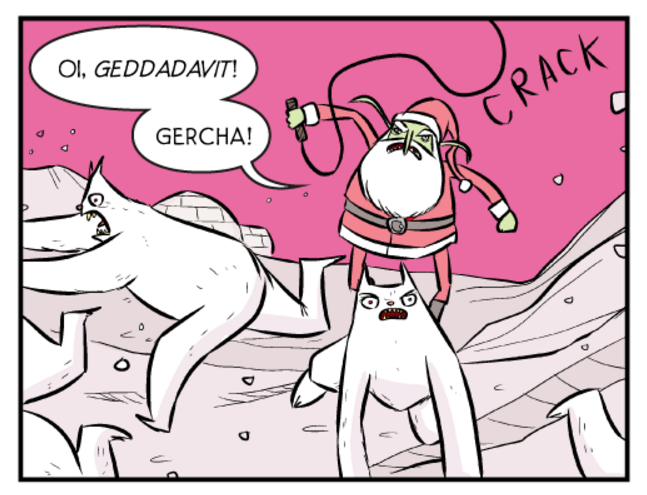Smog the people
The smog in north China has been particularly horrendous for the past few weeks. In some cities, the PM2.5 (particulate matter smaller than 2.5 micrograms) index is over 1000 micrograms per cubic meter, and in some places has even reached above 1400. The World Health Organization recommends 25 micrograms per cubic meter as the maximum safe level. This means that the PM2.5 index in many Chinese cities often reaches levels that are 40 or 50 times greater than those recommended by the WHO.
Given these dangerous conditions, people naturally want to complain and criticize, but in China you get in trouble when you complain and criticize. One way to release one's ire while hopefully avoiding arrest is to use satire, sarcasm, and irony (in addition to puns and romanization, which we have often documented on Language Log).
Read the rest of this entry »




